Is there a magic number?
When you’re thinking about how many people to have on your podcast your decision should always be based on what’s best for your audience and what’s best for your content.
So, what’s a good number of podcast hosts?
This will depend on your content but usually, the ideal is anything from one to three.
One host is great if you’re presenting your expertise or teaching your audience something and you don’t need someone to bounce off.
Two is great because it allows you to inject some conversational chemistry into your show.
Three can take the content pressure off because there’ll always be someone ready to go with something to say.
It’s also not so many voices that things get confusing or people start talking over each other trying to get a word in.
Any more than three and things start to get complicated.
More people on your podcast means…
It’s more difficult to keep your podcast content on track
Wrangling more than three people as a host can be tough, especially if you’re recording remotely.
The more brains and mouths, the more potential for waffle and tangents. And if you’re the one taking care of the business side of things it can be difficult to reign everyone in.
Ideally, if you’ve got a show with more than two people you’d have one person responsible for keeping the show on track.
In radio, they’re called an “anchor” and they’re in charge of things like moving onto the next piece of content or introducing/wrapping each segment of the show.
The more voices you have the more helpful it’ll be to have someone in this defined role so you know who’s responsible for keeping things moving.
There’s more chance of “over talk” between hosts
This is when everyone talks at once and it’s not only frustrating to listen to it’s infuriating to edit because you can’t get a clean edit point.
The more people you have on your podcast the more potential for over talk, especially if you and your co-hosts are recording in different locations.
Ideally, you want the conversational ball to be passed from one person to the next seamlessly without anyone jumping on top of anyone else. That becomes more difficult the more people you have on the show.
It’s hard for everyone to contribute equally
If you’ve got more than three people it can get difficult for everyone to have their say.
This is a problem, not just for the listener but also for the hosts. Because if you’re on a show, you want to be contributing and there’s nothing worse than feeling like there isn’t room for you to jump in.
It’s confusing for your audience
Identifying voices can be almost impossible above a certain number and this is a problem because your audience needs to connect with everyone on the show individually.
To do this they need to be able to identify each voice. But if you’ve got five, six, seven, or even eight voices it’s going to be a nightmare to work out who’s talking.
You don’t want your audience to have to expend a lot of mental energy listening to your podcast. But if they spend the entire time thinking “Who the hell is talking?” it’s going to be hard for them to relax and enjoy the show.
It takes longer to edit
The more voices you have on your podcast the messier things can get and the more complex your content edit can become.
Unless you’re all in perfect sync and manage to smash out an episode with no fluff, no filler, no tangents or trip-ups you’re going to have to spend a decent amount of time whipping your episode into shape.
Got a burning podcasting question you’d like answered? Send me an email.
Want to start your own podcast but need a little help? Download my “How To Start A Podcast” guide or sign up for my online podcasting course, PodSchool.
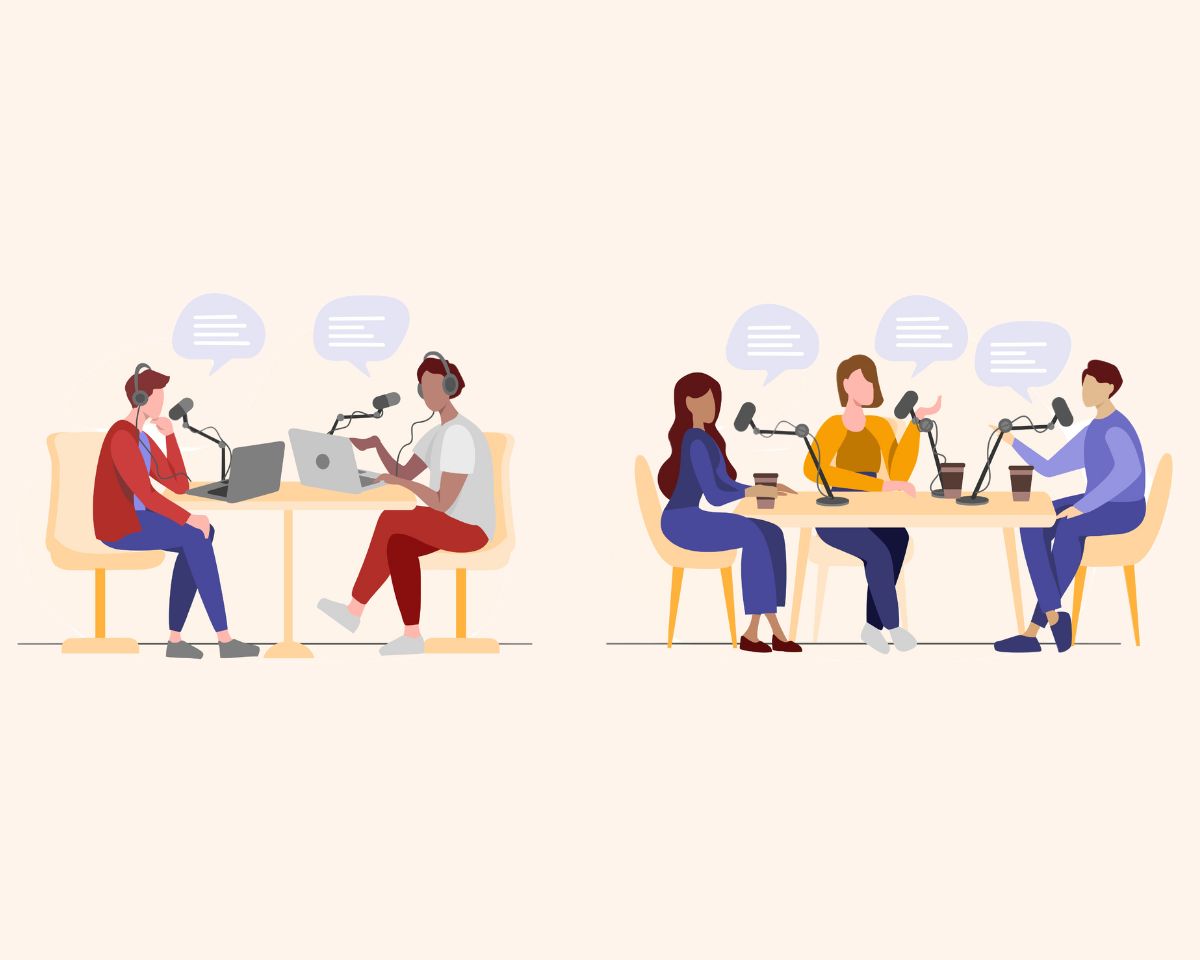


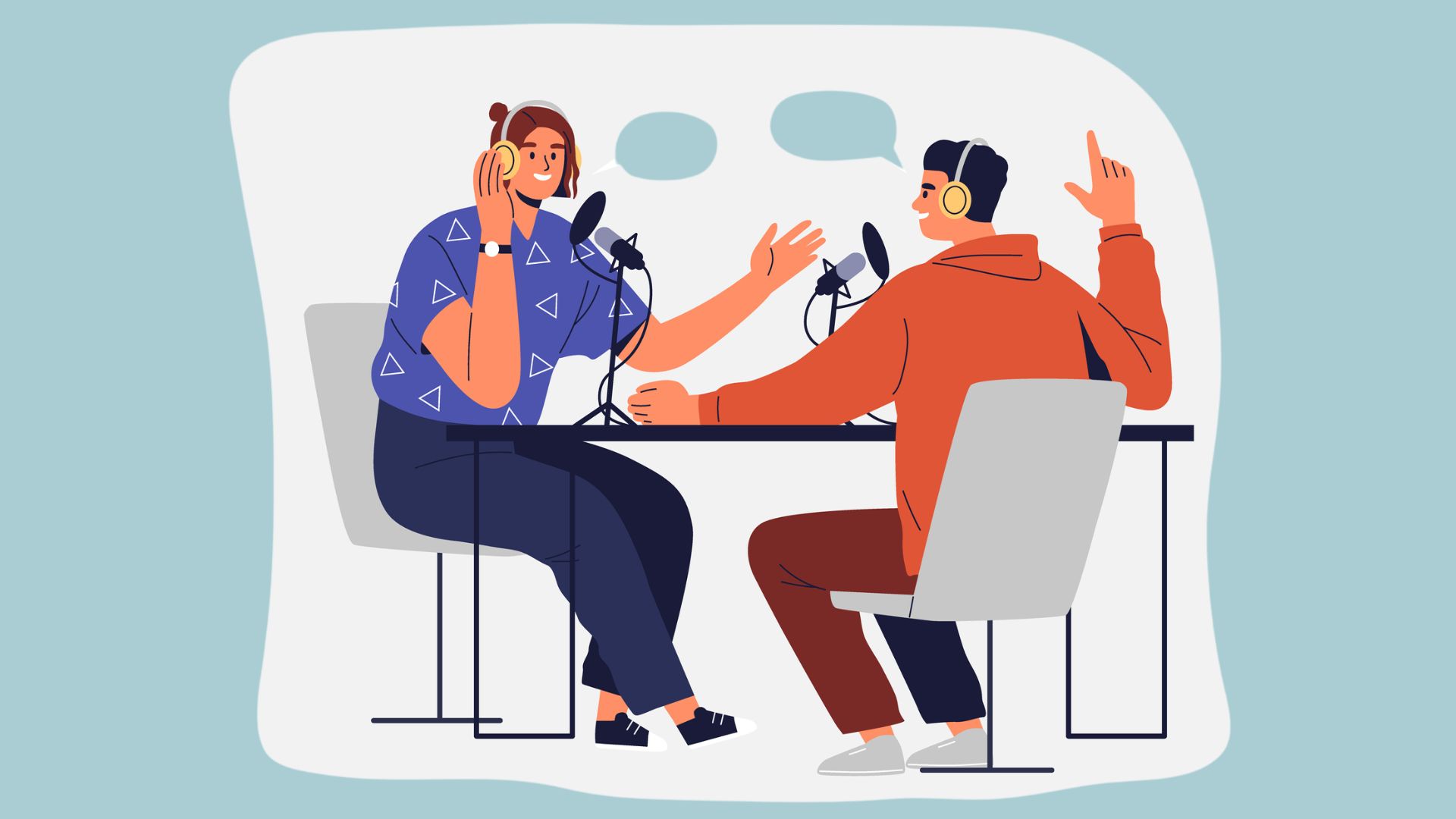

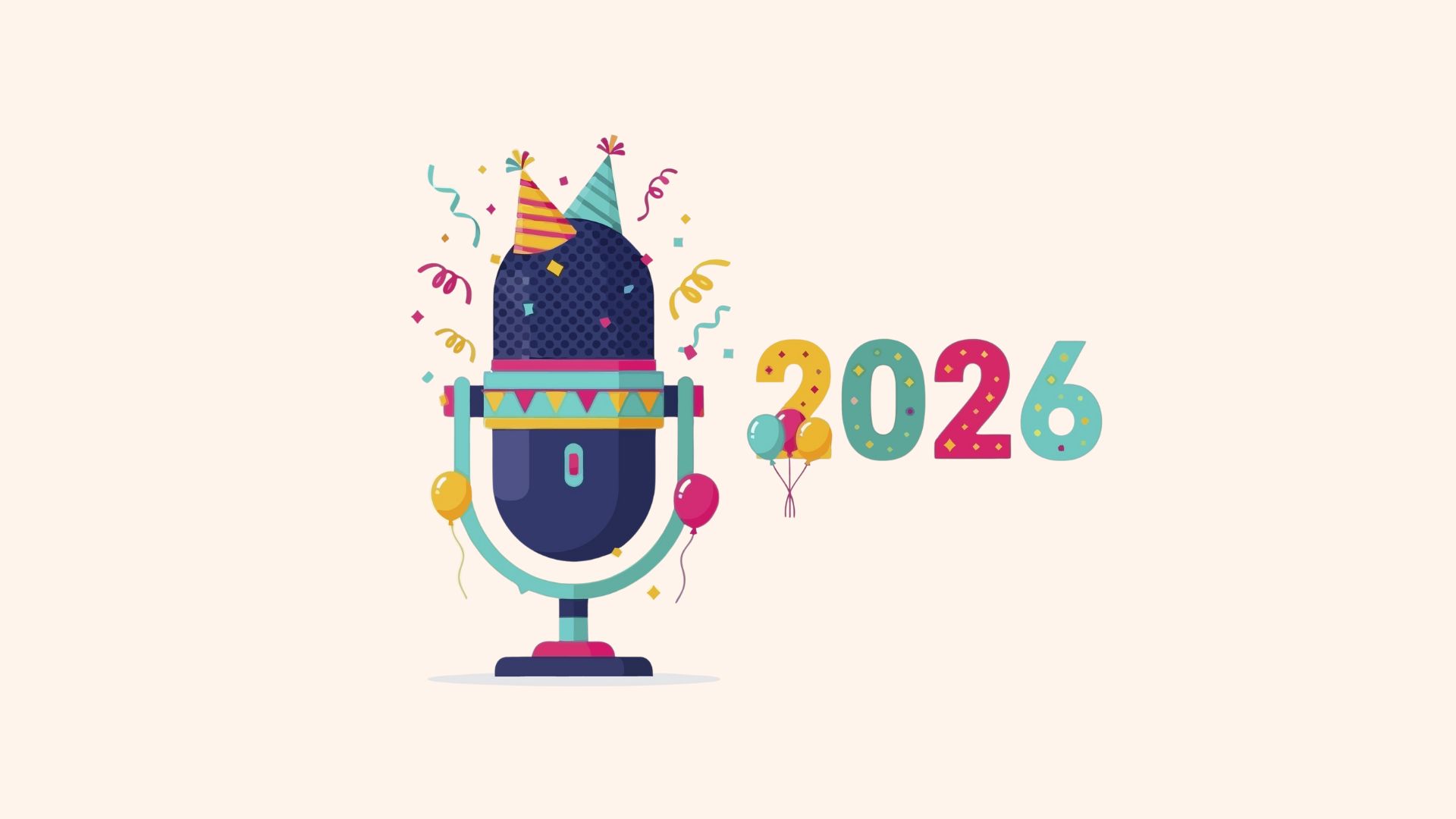
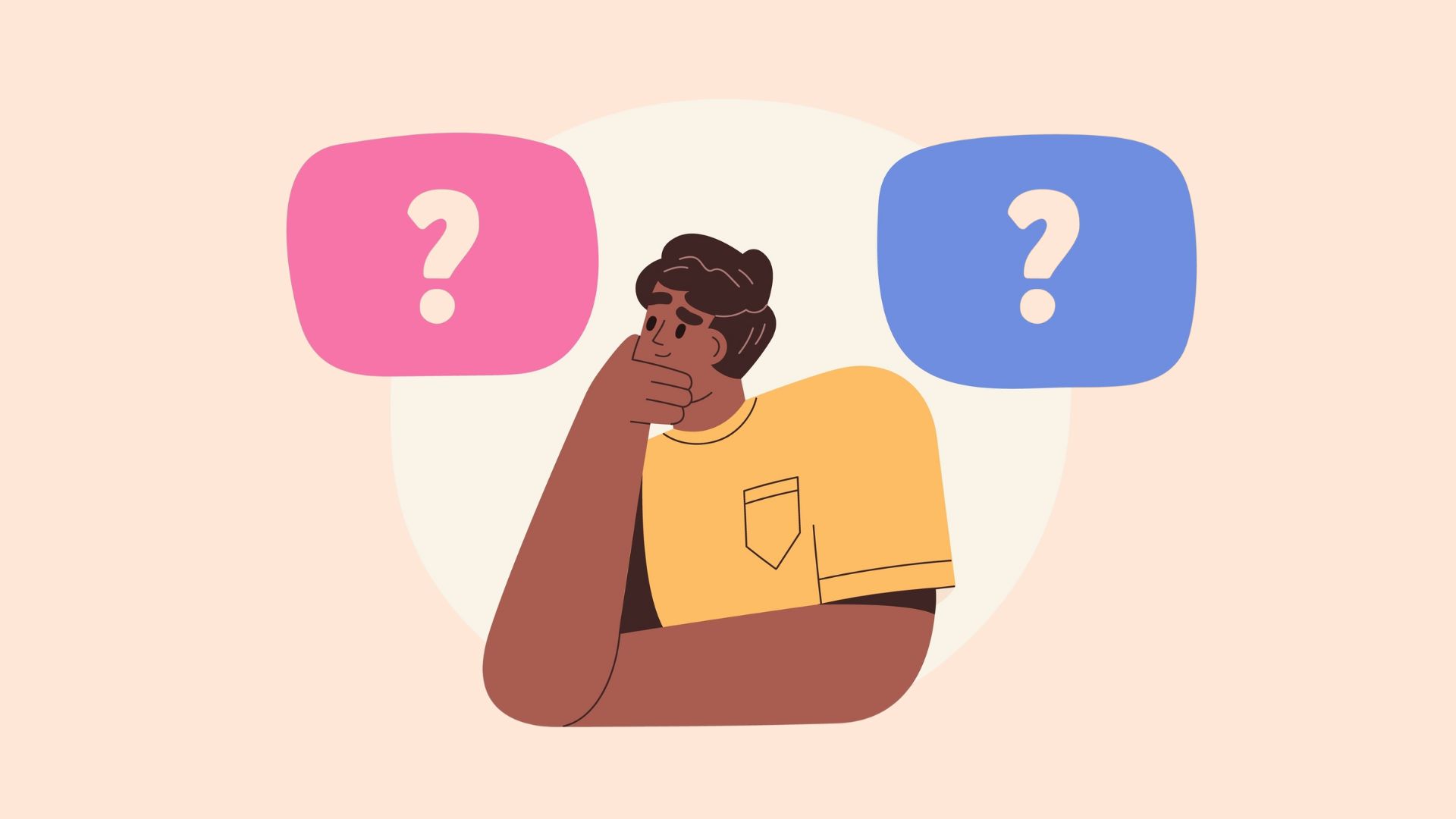
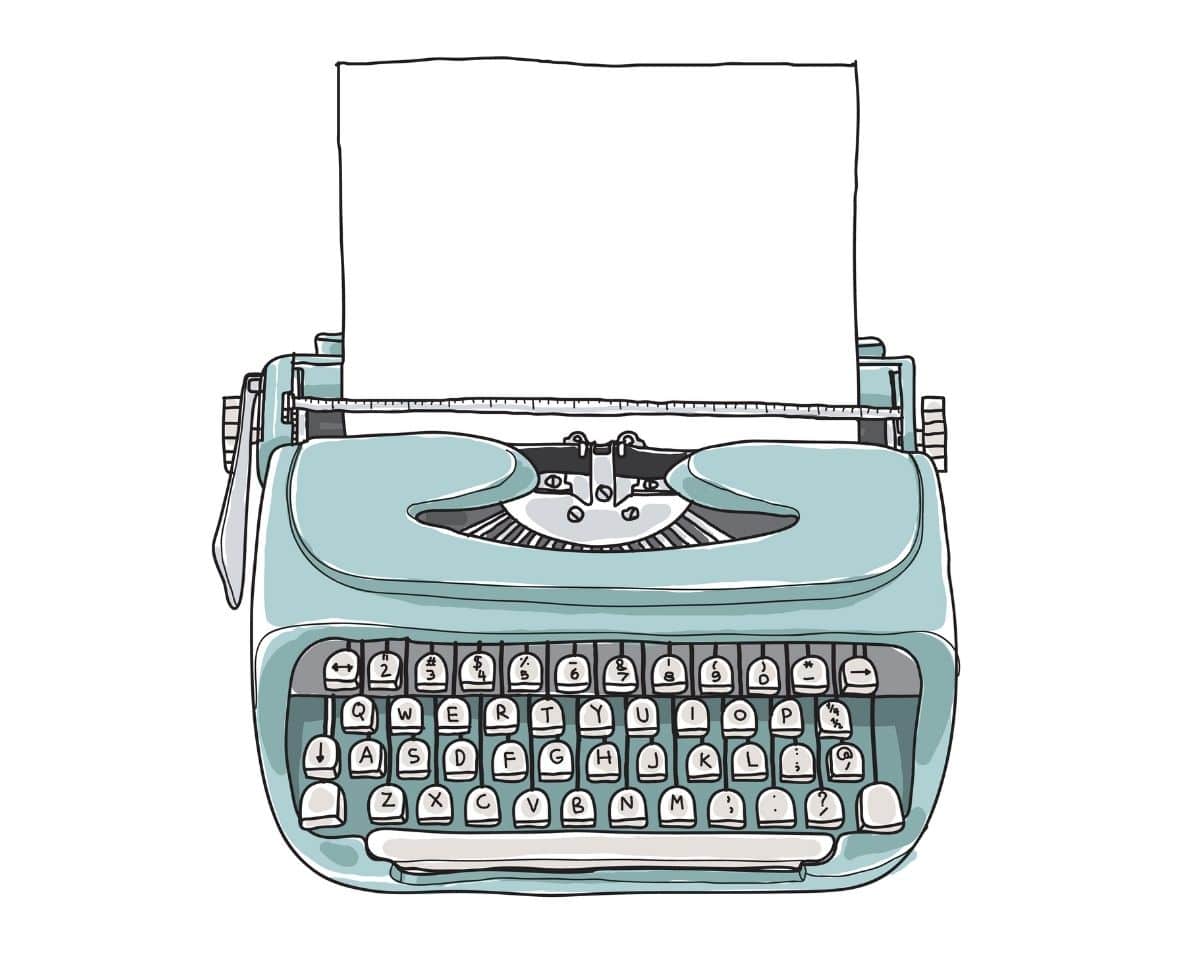
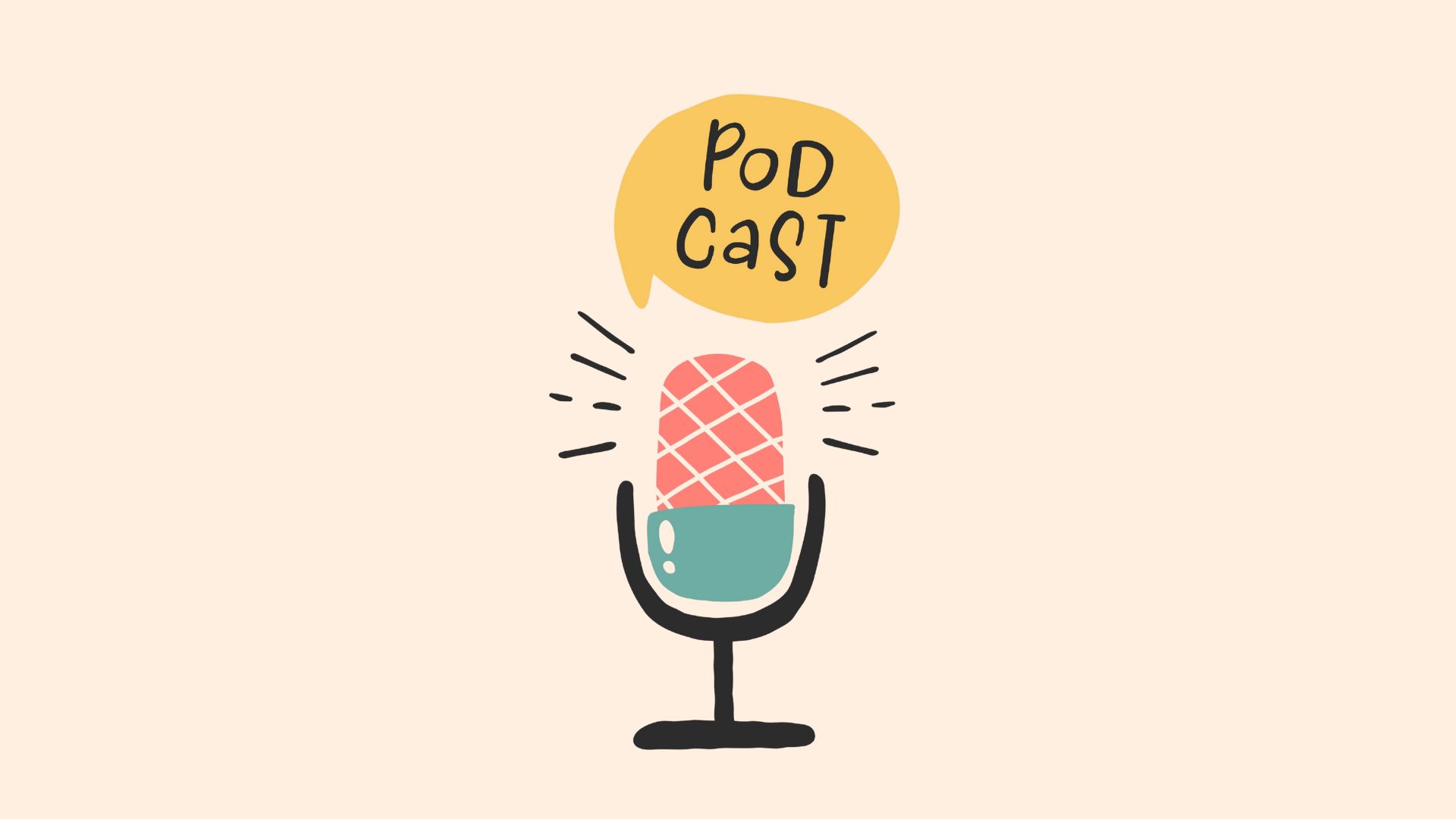
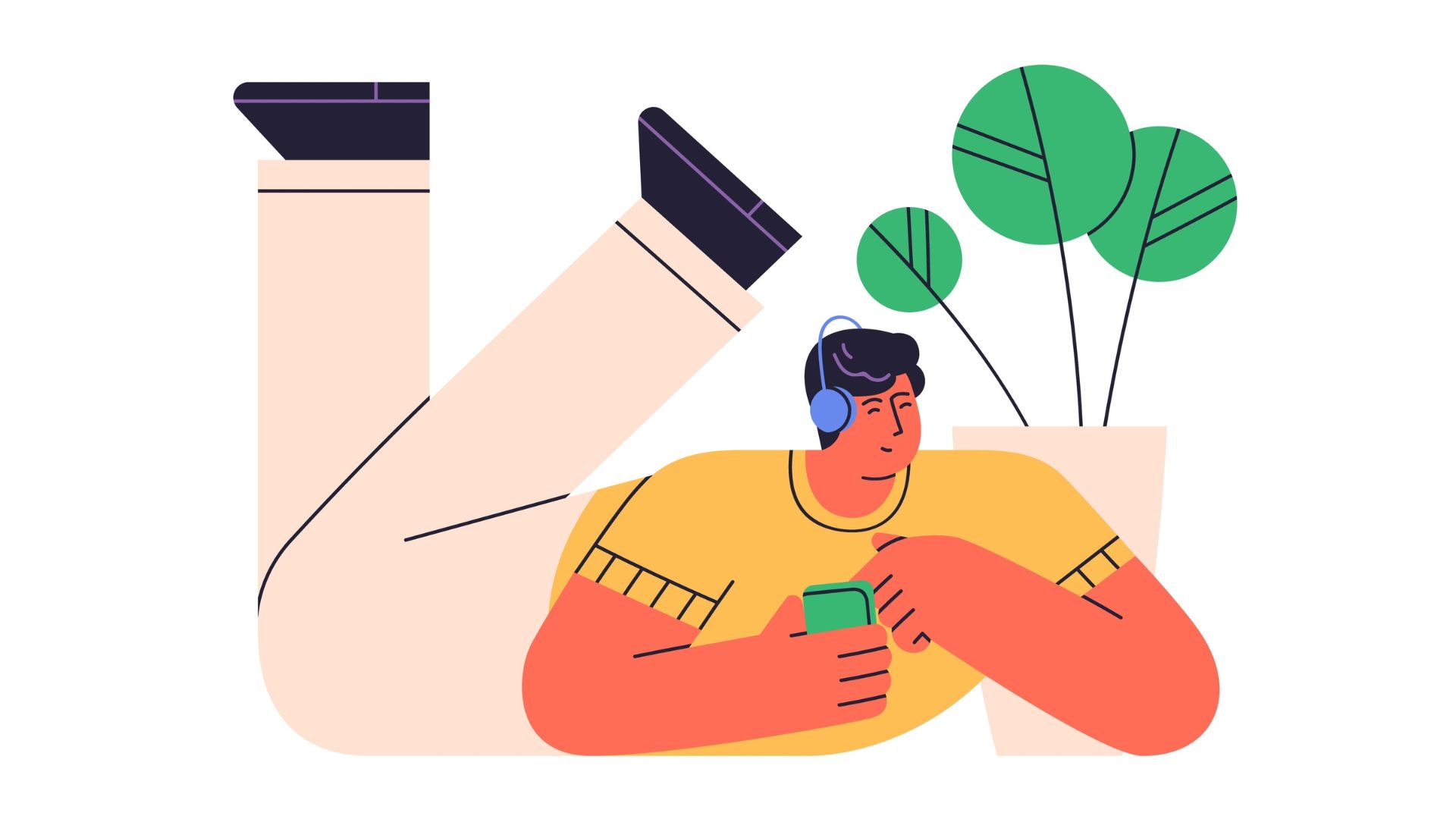

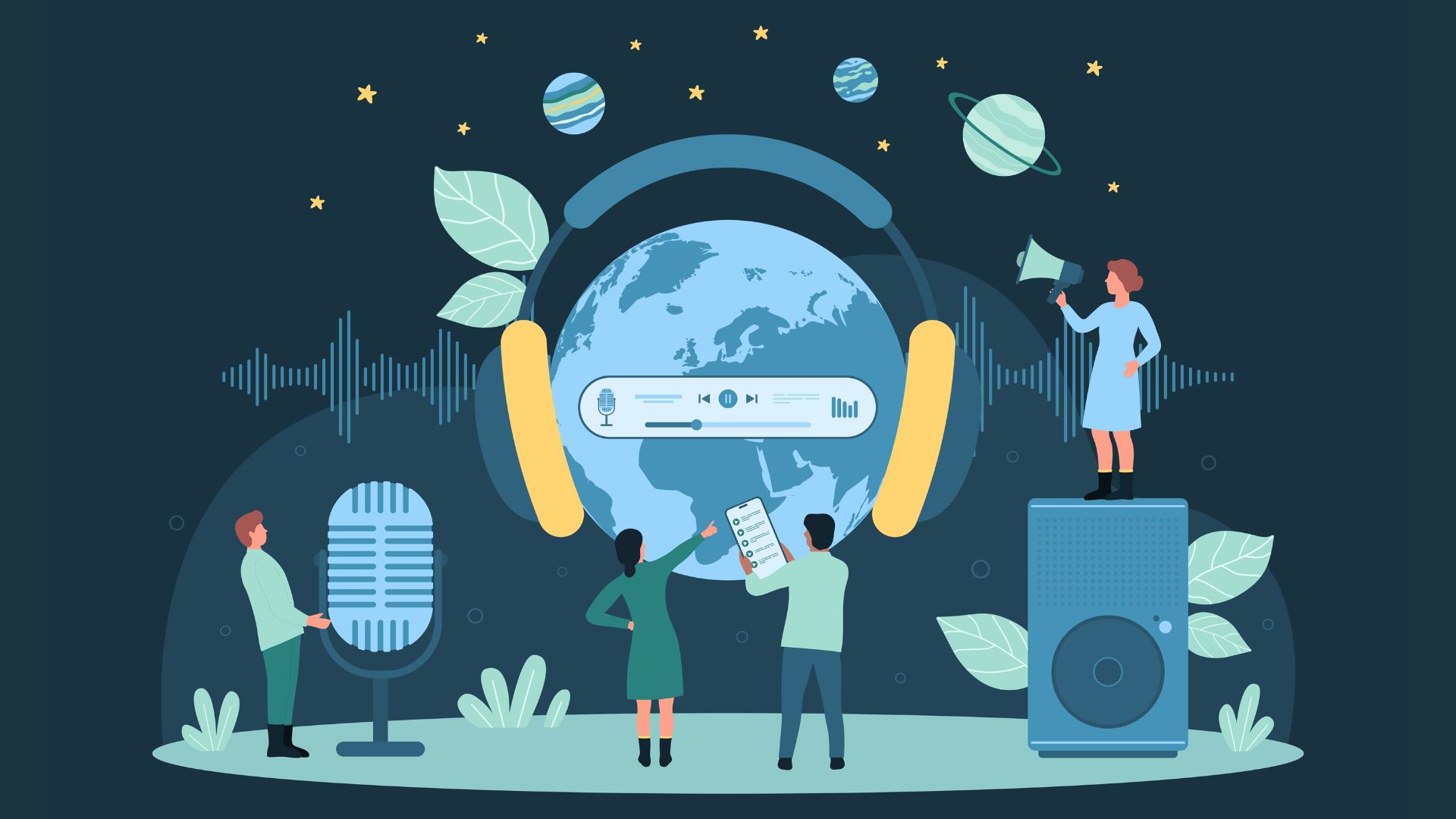

2 Responses
What is the ideal seating for a video podcast? What are the pros and cons of video podcast?
Hey Kelly, I’ve got some info about that here – https://rachelcorbett.com.au/blog/should-your-podcast-be-audio-or-video/. If you wanted to do video the ideal seating really depends on your space and how many cameras you have. Rach